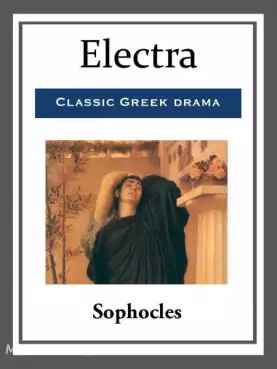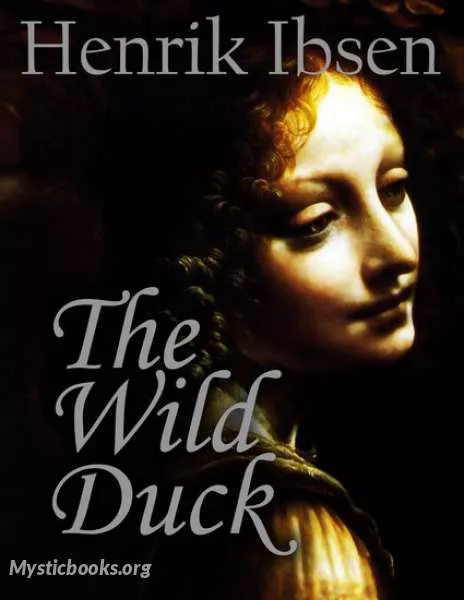
The Wild Duck
by Henrik Ibsen
'The Wild Duck' Summary
The first act opens with a dinner party hosted by Håkon Werle, a wealthy merchant and industrialist. The gathering is attended by his son, Gregers Werle, who has just returned to his father's home following a self-imposed exile. There, he learns the fate of a former classmate, Hjalmar Ekdal. Hjalmar married Gina, a young servant in the Werle household. The older Werle had arranged the match by providing Hjalmar with a home and profession as a photographer. Gregers, whose mother died believing that Gina and Håkon had carried on an affair, becomes enraged at the thought that his old friend is living a life built on a lie.
The remaining four acts take place in Hjalmar Ekdal's apartments. The Ekdals initially appear to be living a life of cozy domesticity. Hjalmar's father makes a living doing odd copying jobs for Werle. Hjalmar runs a portrait studio out of the apartment. Gina helps him run the business in addition to keeping house. They both dote on their daughter Hedvig. Gregers travels directly to their home from the party. While getting acquainted with the family, Hjalmar confesses that Hedvig is both his greatest joy and greatest sorrow, because she is slowly losing her eyesight. The family eagerly reveals a loft in the apartment where they keep various animals like rabbits and pigeons. Most prized is the wild duck they rescued. The duck was wounded by none other than Werle, whose eyesight is also failing. His shot winged the duck, which dived to the bottom of the lake to drown itself by clinging to the seaweed. Werle's dog retrieved it though, and despite its wounds from the shot and the dog's teeth, the Ekdals had nursed the duck back to good health.
Gregers decides to rent the spare room in the apartment. The next day, he begins to realize that there are more lies hanging over the Ekdals than Gina's affair with his father. While talking to Hedvig, she explains that Hjalmar keeps her from school because of her eyesight, but he has no time to tutor her, leaving the girl to escape into imaginary worlds through pictures she sees in books. During their conversation, Gregers hears shots in the attic, and the family explains that Old Ekdal entertains himself by hunting rabbits and birds in the loft, and Hjalmar often joins in the hunts. The activity helps Old Ekdal cling to his former life as a great hunter. Hjalmar also speaks of his 'great invention', which he never specifies. It is related to photography, and he is certain that it will enable him to pay off his debts to Werle and finally make himself and his family completely independent. In order to work on his invention, he often needs to lie down on the couch and think about it.
During a lunch with Gregers and Hjalmar's friends Relling and Molvik, Håkon arrives to try to convince Gregers to return home. Gregers insists that he cannot return and that he will tell Hjalmar the truth. Håkon is certain that Hjalmar will not be grateful for Gregers' intervention. After he leaves, Gregers asks Hjalmar to accompany him on a walk, where he reveals the truth about Gina's affair with his father.
Upon returning home, Hjalmar is aloof from his wife and daughter. He demands to handle all future photography business by himself with no help from Gina. He also demands to manage the family's finances, which Gina has traditionally done. Gina begs him to reconsider, suggesting that with all his time consumed he will not be able to work on his invention. Hedvig adds that he also will not have time to spend in the loft with the wild duck. Embittered by Gregers' news, Hjalmar bristles at the suggestion and confesses that he would like to wring the duck's neck. Indulging his mood, Hjalmar confronts Gina about her affair with Håkon. She confesses to it, but insists that she loves Hjalmar intensely.
In the midst of the argument, Gregers returns, stunned to find that the couple are not overjoyed to be living without such a lie hanging over their heads. Mrs. Sørby arrives with a letter for Hedvig and news that she is marrying Håkon. The letter announces that Håkon is paying Old Ekdal a pension of 100 crowns per month until his death. Upon his death, the allowance will be transferred to Hedvig for the remainder of her life. The news sickens Hjalmar even further, and it dawns on him that Hedvig may very well be Håkon's child. He cannot stand the sight of Hedvig any longer and leaves the house to drink with Molvik and Relling. Gregers tries to calm the distraught Hedvig by suggesting that she sacrifice the wild duck for her father's happiness. Hedvig is desperate to win her father's love back and agrees to have her grandfather shoot the duck in the morning.
The next day, Relling arrives to tell the family that Hjalmar has stayed with him. He is appalled at what Gregers has done, and he reveals that he long ago implanted the idea of the invention with Hjalmar as a "life-lie" to keep him from giving in to despair. The pair argue as Hjalmar returns to gather his materials to work on the invention. He is overwhelmed by the number of details involved in moving out of the apartment. Hedvig is overjoyed to see him, but Hjalmar demands to be 'free from intruders' while he thinks about his next move. Crushed, Hedvig remembers the wild duck and goes to the loft with a pistol. After hearing a shot, the family assumes Old Ekdal is hunting in the loft, but Gregers knows he has shot the wild duck for Hedvig. He explains the sacrifice to Hjalmar who is deeply touched. When Old Ekdal emerges from his room, the family realizes he could not have fired the gun in the loft. They rush in to see Hedvig lying on the ground. No one can find a wound, and Relling has to examine the girl. He finds that the shot has penetrated her breastbone and she died immediately. Given the powder burns on her shirt, he determines that she shot herself. Hjalmar begs for her to live again so that she can see how much he loves her. The play ends with Relling and Gregers arguing again. Gregers insists that Hedvig did not die in vain, because her suicide unleashed a greatness within Hjalmar. Relling sneers at the notion, and insists that Hjalmar will be a drunk within a year.
Book Details
Authors
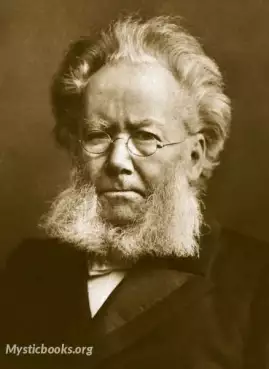
Henrik Ibsen
Norway
Henrik Johan Ibsen was a Norwegian playwright and theatre director. As one of the founders of modernism in theatre, Ibsen is often referred to as "the father of realism" and one of the most influentia...
Books by Henrik IbsenDownload eBooks
Listen/Download Audiobook
- Select Speed
Related books
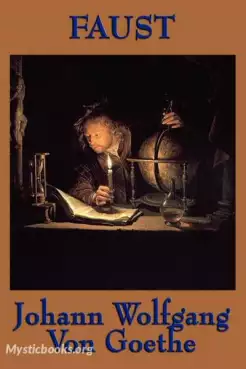
Faust II by Johann Wolfgang von Goethe
Faust is a tragic play in two parts by Johann Wolfgang von Goethe, usually known in English as Faust, Part One and Faust, Part Two. Although rarely st...
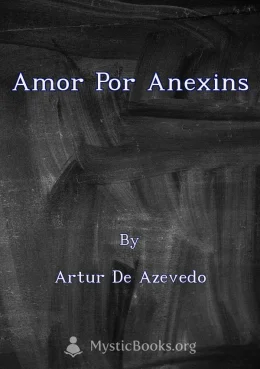
Amor por Anexins by Artur de Azevedo
Amor por Anexins é uma peça de teatro em um ato escrita por Artur Azevedo em 1872. É considerada sua primeira peça e teve grande sucesso, sendo encena...

Who's the Dupe by Hannah Cowley
is a captivating and humorous book that will leave young readers guessing until the very end. Written by Hannah Cowley, this comedic masterpiece is s...
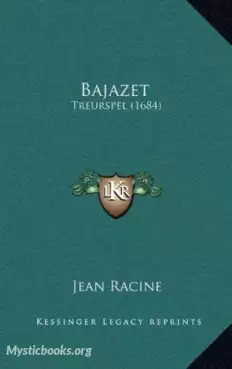
Bajazet by Jean Racine
"The time to which this tragedy relates is much later than that of any other of Racine's historical plays. The capture of Babylon (or rather Bagdad) f...
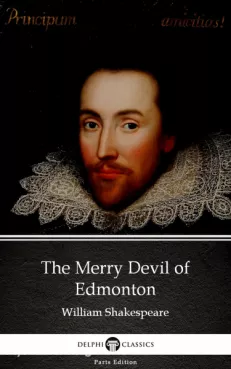
The Merry Devil of Edmonton by William Shakespeare
It is a captivating play filled with humor, romance, and supernatural elements. This lively and entertaining work showcases Shakespeare's unparalleled...
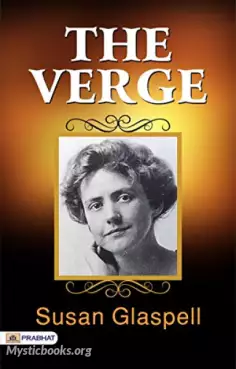
The Verge by Susan Glaspell
This play is Glaspell’s recognition of the way in which Victorian society left some women feeling trapped in roles for which they were unsuited. Becau...
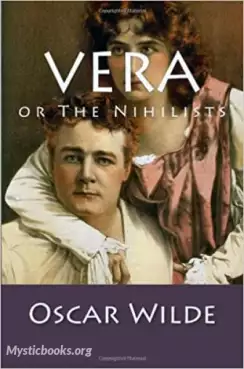
Vera; or the Nihilists by Oscar Wilde
Vera; or, The Nihilists is a play by Oscar Wilde. It is a tragedy set in Russia and is loosely based on the life of Vera Zasulich. It was Wilde's firs...
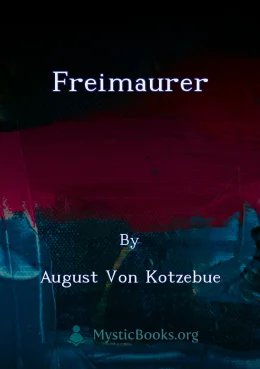
Freimaurer by August von Kotzebue
August von Kotzebue's play "Freimaurer" explores the pervasive curiosity surrounding the secret rituals and practices of Freemasonry. Through a serie...
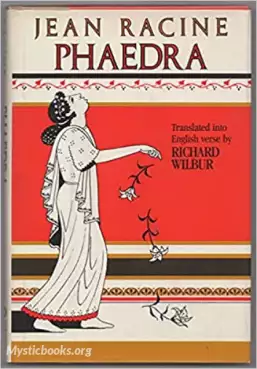
Phaedra by Jean Racine
In the court of Louis XIV, adaptations of Greek tragedies were very popular. This play, heavily influenced by Euripides' Hippolytus, deals with love t...
Reviews for The Wild Duck
No reviews posted or approved, yet...
